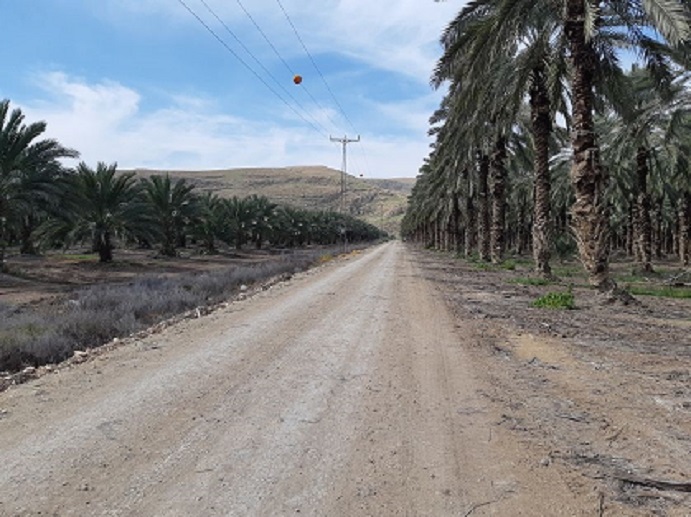Al-Jazeera / April 28, 2020
Palestinians reject application of Israeli law on occupied WB areas, saying it will shut the door on two-state solution.
The United States said it was ready to recognise Israel’s annexation of much of the occupied West Bank, but asked the new unity government also to negotiate with the Palestinians.
Prime Minister Benjamin Netanyahu, who has reached a power-sharing deal to remain in office after three inconclusive elections, has vowed to press ahead with annexations that the Palestinians say will shut the door on a two-state solution.
A Middle East “vision” unveiled in January by US President Donald Trump gave a green light to annexations. Netanyahu’s coalition deal with centrist Benny Gantz agreed the cabinet would consult Washington before moving forward.
But Palestinians have expressed outrage at Israel’s plans to cement its hold further on land it seized in the 1967 war, territory they are seeking for a future state. The European Union has also criticised Trump’s plan as failing to achieve a two-state solution.
“As we have made consistently clear, we are prepared to recognise Israeli actions to extend Israeli sovereignty and the application of Israeli law to areas of the West Bank that the vision foresees as being part of the State of Israel,” a US State Department spokesperson said on Monday.
The step would be “in the context of the Government of Israel agreeing to negotiate with the Palestinians along the lines set forth in President Trump’s Vision,” she said.
The statement came after Netanyahu said on Monday he was confident the US would give Israel the approval within two months to move ahead with the de facto annexation of parts of the occupied West Bank.
Trump, whose evangelical Christian support base is staunchly pro-Israel, has granted a wish-list to Netanyahu over the past three years.
His so-called Middle East plan would let Israel annex Jewish settlements in the occupied West Bank – which the rest of the world considers illegal – and impose sovereignty all the way to Jordan.
The Palestinians would be granted a sovereign but demilitarised entity along with promises of major investment. The Palestinian state’s capital would be on the outskirts of Jerusalem, the holy city that would remain fully under Israeli sovereignty.
The State Department’s comments expand on remarks to reporters last week by Secretary of State Mike Pompeo, who said annexation was ultimately “an Israeli decision”.
Condemnation
Palestinians have flatly rejected the Trump proposal, partly because it awards Israel most of what it has sought during decades of conflict, including nearly all the occupied land on which it has built settlements.
The Palestinians have already threatened to cancel existing peace agreements if Netanyahu moves forward with his plan, while the EU foreign policy chief said annexation would be a violation of international law and force the bloc to “act accordingly”.
The UN’s Middle East envoy said such a step would “ignite” the region.
The Palestinians and much of the international community regard Israel’s settlements in the occupied West Bank as illegal under the Geneva Conventions that bar settling on land captured in war.
Israel disputes this, citing security needs and biblical, historical and political connections to the land.
The Arab League plans to hold a virtual meeting this week to discuss the annexation plan, which under the Israeli coalition deal could happen as soon as July.













